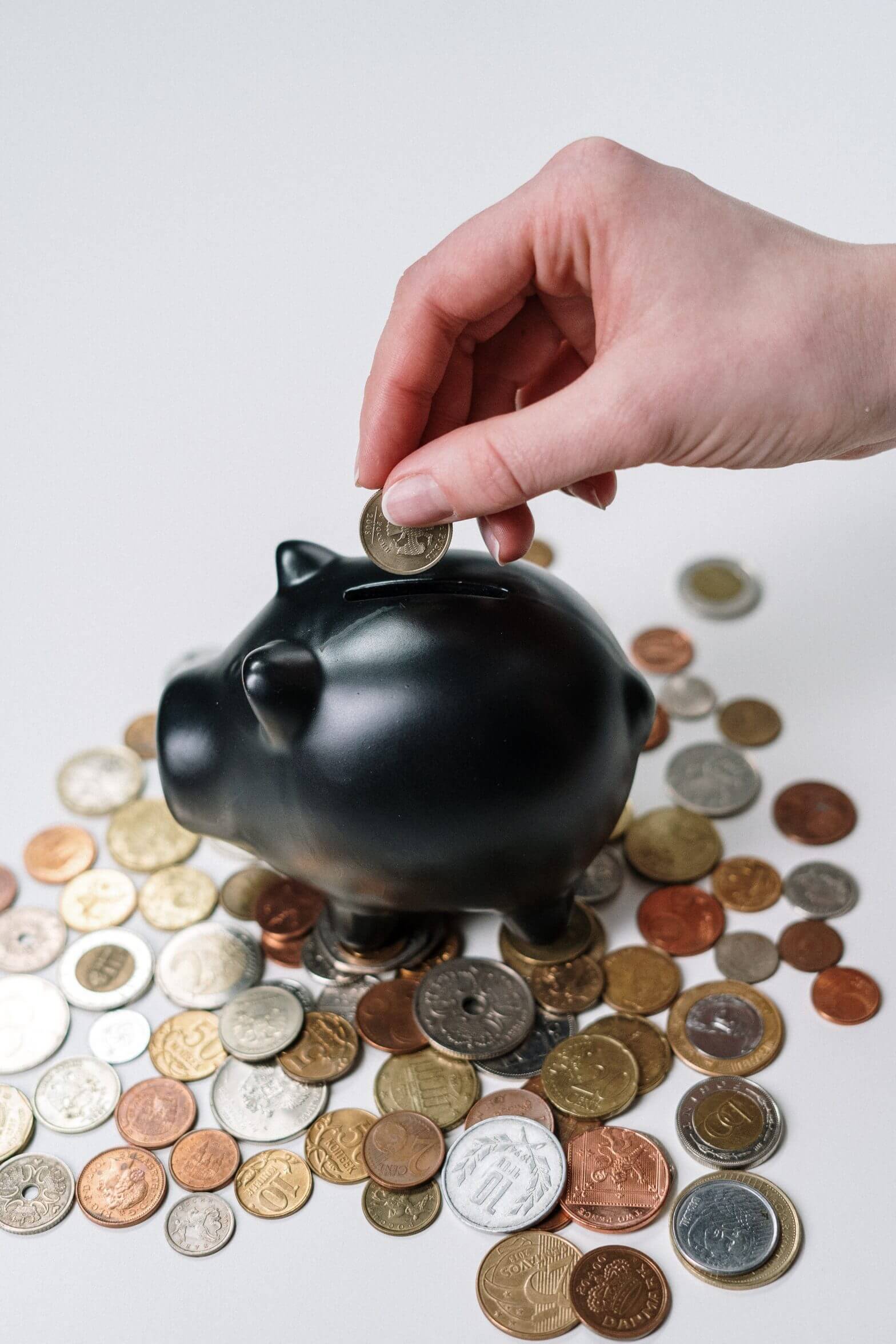For the 2021-2022 academic year, the average interest rate for federal student loans was 3.73% for undergraduates, 5.28% for graduate students, and 6.28% for parents and graduate students taking out PLUS loans. While it’s challenging to determine the average for private student loans simply due to how much the interest rates vary, they tend to be even higher.
Finding ways to lower your student loan interest rate could lower your overall monthly payment and save you money over time. Here’s how to lower your student loan interest rate for both federal and private student loans.
Can I Get a Lower Interest Rate on My Federal Loans?
Interest rates on federal student loans are set by Congress each year and are technically considered law. Unfortunately, this means that borrowers of federal student loans can’t negotiate their way into a better interest rate.
However, you may be able to get a small reduction on your interest rate by opting into automatic payments. If you agree to make payments on your loan through autopay, a system that automatically takes the monthly payment amount straight from your bank account, you may be able to secure around a 0.25 to 0.50 percentage point reduction in your interest rate.
If you’re confident this method wouldn’t send you into a spiral of overdraft fees, it may be a good option to enroll in auto-debit payments to save you a bit of interest.
Note: Be sure to check with your federal loan servicer to see if they offer interest rate discounts for setting up autopay.
Can I Get a Lower Interest Rate on My Private Loans?
Interest rates on private loans are set by the lender themselves and based on a variety of factors such as your credit score and income. This means that the rates are not set in stone as with federal student loans. Private lenders may be open to negotiation or reevaluating your interest rate.
Proactive Steps to Lower Your Private Loan Interest Rate
If you’re thinking about taking out a private student loan, there are a few things you should do beforehand that will help you secure a lower interest rate when you apply:
Take a Look at Your Credit Score
Interest rates are calculated based on a variety of factors, one of which being your credit score. Ensuring you have a solid credit score before applying for a private loan will help you get a lower interest rate.
Although each lender is different, in general, private lenders look for credit scores around 660 or above. While you can still get a private loan with a bad credit score, your interest rates will be higher. If your credit score isn’t great, don’t worry. There are things you can do to raise it.
Find Someone Willing to Cosign
A cosigner is someone who signs onto the loan alongside the borrower, agreeing to pay back the loan if the borrower doesn’t. Having a cosigner with a good credit score can help you secure a lower interest rate on your private loan because lenders will assume less risk. Given that most young people have a limited credit history, cosigners are very common for private student loans. In fact, around 90% of undergraduate students use a cosigner for their student loans.
The only “risk” to having someone cosign is that they are technically equally responsible for the loan, meaning that if you fail to make payments on the loan, it could hurt their credit score.
Compare Interest Rates Carefully
As always, before jumping into any private loan, it’s important to compare multiple private lenders to find the lowest rate. Complete Sparrow’s application to compare real rates from more than 10 different lenders to make sure you’re getting the best rate possible.
Lowering Your Interest Rate If You Already Have a Loan
If you already have a private student loan, you can lower your interest rate by:
Opting Into Automatic Payments
As with federal loans, many private lenders also offer a discount for opting into an autopay system. While the rate may only drop by 0.25 to 0.5 percent, every bit makes a difference.
Even if you only saved $10 a month from this decrease in interest, that would be $1,200 over the course of a 10-year repayment.
Refinancing Your Student Loans
If you have a stable income and plan to pay off your student debt quickly, you should consider refinancing for a lower interest rate.
Refinancing your loan is the process of taking out a new loan with a lower interest rate to pay off the loan you currently have. By doing this, you can reduce your payments and save on interest.
Borrowers can also choose to consolidate their federal student loans through a Direct Consolidation Loan. The new interest rate will be the average of the rates on the loans you are consolidating. However, you’ll want to consider some of the benefits associated with federal student loans that you’d be giving up, such as income-driven repayment, the possibility of loan forgiveness, and other federal borrower protections.
Negotiate with the Lender
This method won’t guarantee you any savings in interest, but it’s always worth a shot. Look around online for private lenders offering competitive interest rates and present it to the lender you’re already working with. The lender might be willing to make alterations to the rate you previously agreed upon in an effort to keep you as a customer.
Final Thoughts from the Nest
Finding a way to lower your student loan interest rate is one of the best ways to save yourself money in the long run. While not all methods will work for everyone, it’s likely that if you’re trying different approaches, you’ll find at least one that will work.
When you’re ready to begin the student loan process, or if you’re looking to refinance, we’re here to help.

Leave a Reply